Navigating Government Censorship – Proxy Servers for Unrestricted Access
In an era where the free flow of information is a cornerstone of modern society, government censorship poses a significant challenge to unrestricted access to online content. In such restrictive environments, where governments control and filter internet usage to control narratives and suppress dissent, individuals often turn to proxy servers as a means of circumventing these barriers and regaining access to a broader range of information. Proxy servers act as intermediaries between a user’s device and the websites they wish to visit. When a user makes a request to access a certain webpage, the request first goes to the proxy server. The proxy then forwards the request to the target website, retrieves the content and sends it back to the user. This process effectively masks the user’s IP address, making it appear as though the request is originating from the proxy server rather than the user’s device. This anonymity is crucial for individuals seeking unrestricted access, as it prevents the government from directly identifying and blocking specific users.

One of the key advantages of using proxy servers is that they allow users to bypass government-imposed restrictions on certain websites or online services. In countries where social media platforms, news websites or streaming services might be censored or blocked, proxy servers enable users to access these platforms as if they were browsing from a location outside the restrictive jurisdiction. This not only provides users with up-to-date information but also facilitates communication and collaboration on a global scale, promoting the free exchange of ideas even in the face of censorship. However, reliance on proxy servers is not without its challenges and checks this out youproxy.io/en/. Governments that enforce strict censorship often respond by identifying and blocking known proxy server addresses. This cat-and-mouse game between users and censors can lead to a constant struggle to find and access functional proxy servers. Moreover, while proxy servers offer a degree of anonymity, they are not completely foolproof. Governments with advanced technological capabilities can employ various methods to detect proxy usage, potentially subjecting users to legal repercussions.
In conclusion, proxy servers serve as a crucial tool for individuals seeking unrestricted access to online content in the face of government censorship. By masking users’ IP addresses and routing traffic through intermediary servers, proxies enable users to bypass restrictions and access information that might otherwise be blocked. However, the effectiveness of proxy servers can vary depending on the level of censorship and the technological capabilities of the censoring authorities. As individuals continue to navigate this complex landscape, it is important to remain aware of the risks and limitations associated with proxy server usage while championing the fundamental right to access information freely.
